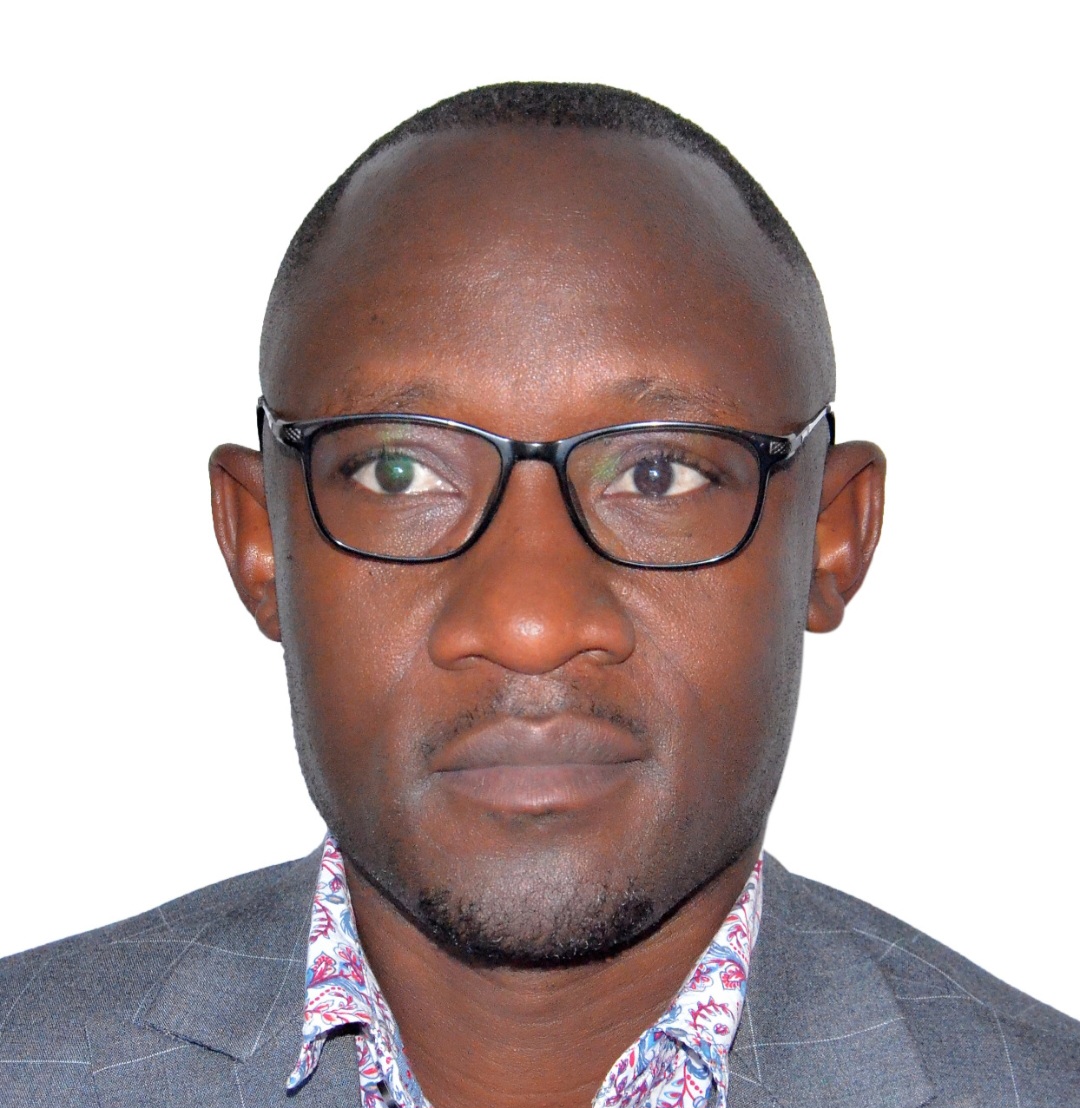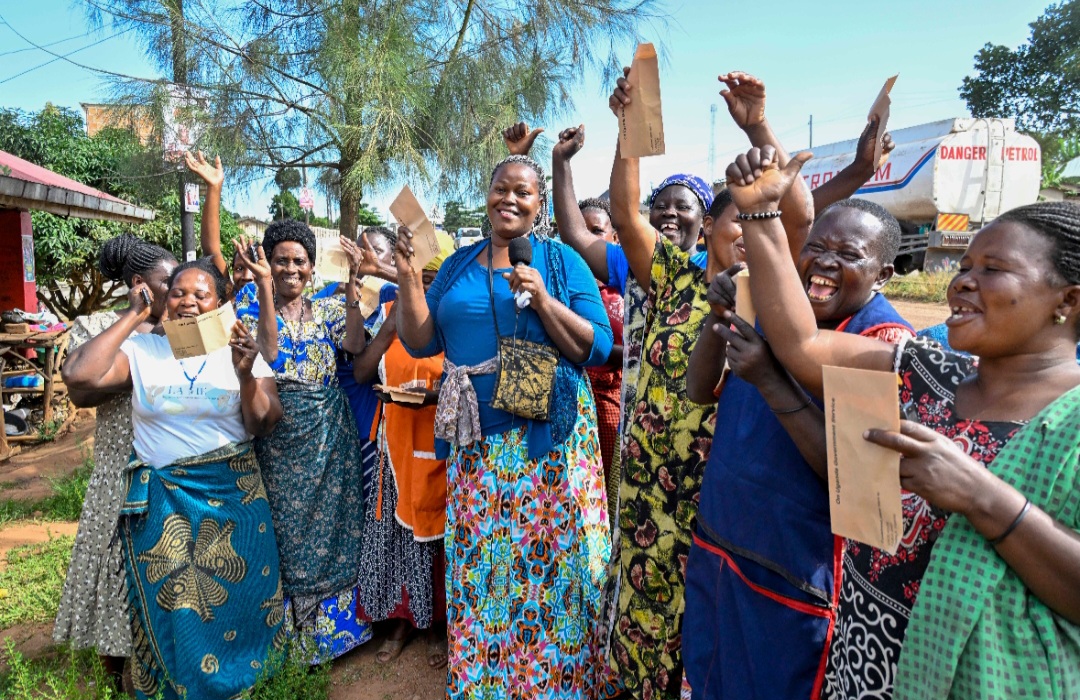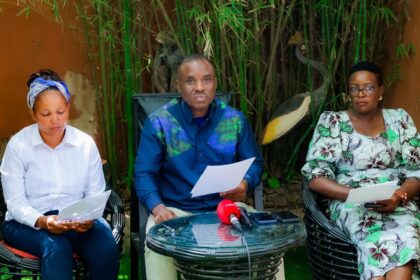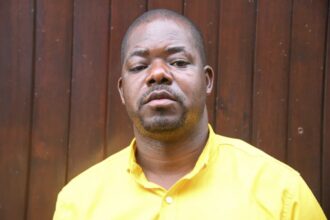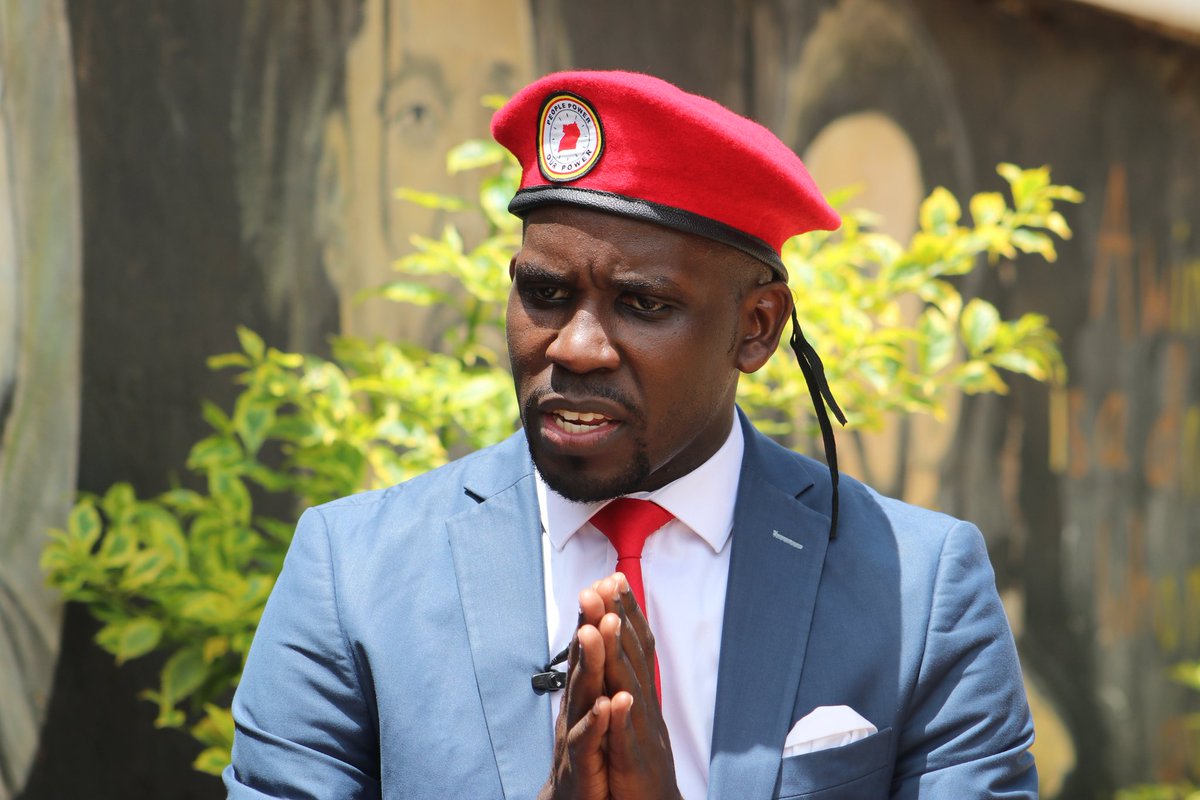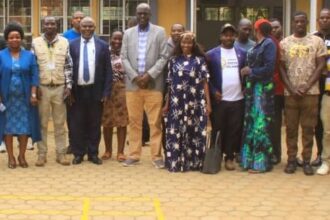I am sure that readers of this article, will wonder why the Karamoja scholar is raising this question at this time. Some may even ask, “Does this mean that stakeholders in Karamoja have failed to find a strategy to reduce the mushrooming problems in the sub region?” In-fact, stakeholders in the sub region are doing their best to improve the lives of the Karimojong’s.
However, it is concerning that the subregion still performs poorly in all key indicators of social wellbeing in Uganda (Powell 2010; Kabiito,2021; Cau et al., 2018; Mukisa, 2025; UBOS, 2025). This calls for urgent attention from Karamoja stakeholders.
By stakeholders in this article, I mean individuals or groups that have, or claim, ownership, rights, or interests in the Karamoja subregion (Freeman cited in Benn & O’Leary, 2016). Based on historical evidence, one of the Karamoja district annual report concluded that, “Some of us would like to see Karamoja’s problems reduced as fast as possible so as to catch up with the rest of Uganda, but the major problem is how to do it” (Wozei cited in Mirzeler and Young, 2000). This implies that Karamoja has been struggling with social problems for a long time, as Wozei (1977) was concerned about many years ago.
Today, Iam also concerned, and my question to my fellow stakeholders in Karamoja is: How can we address the mushrooming social problems in the sub region? Specifically, “how can we do it?”
For example, numerous development interventions have been implemented by the government, NGOs, and other development partners, leading to some improvements in the region. However, the progress is not a steady upward trajectory (Levine as cited by Muhereza, 2019).
If Iam to agree with Levine’s theory as cited by Muhereza (2019), something is amiss somewhere either with the stakeholders or the beneficiaries. The key question that arises is: despite the efforts of stakeholders, development partners, and government agencies in Karamoja, social problems are increasing. So, “how do we do it to prevent the region from regressing or experiencing what (Levine, 2016) described as taking a few steps forward and several steps backwards?”
Ayub Mukisa (PhD)- Executive Director-Karamoja Anti Corruption Coalition (KACC)
Email: ayubmukisa@gmail.com
Do you have a story in your community or an opinion to share with us: Email us at Submit an Article



